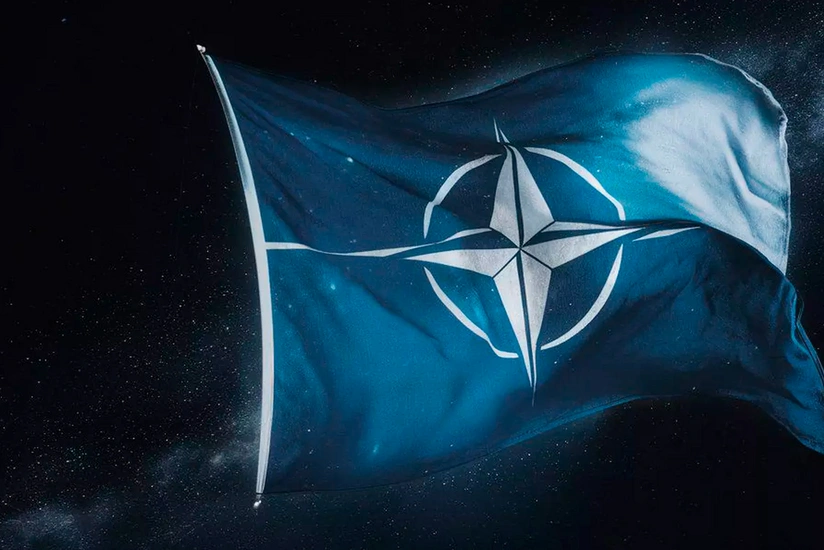NATO allies pledge $1B to promote sharing of space-based intel
- 14 July, 2024
- 13:00

During their summit in Washington, DC, this week, NATO member states committed more than $1 billion to improve the sharing of intelligence from national and commercial reconnaissance satellites, Report informs referring to ArsTechnica.
The agreement is a further step toward integrating space assets into NATO military commands. It follows the bloc's adoption of an official space policy in 2019, which recognized space as a fifth war-fighting domain alongside air, land, maritime, and cyberspace.
The next step was the formation of the NATO Space Operations Center in 2020 to oversee space support for NATO military operations.
The new intelligence-sharing agreement was signed on July 9 by representatives from 17 NATO nations, including the United States, to support the Alliance Persistent Surveillance from Space (APSS) program. In a statement, NATO called the agreement "the largest multinational investment in space-based capabilities in NATO’s history."
The agreement for open sharing of intelligence data comes against the backdrop of NATO's response to the Russian invasion of Ukraine. Space-based capabilities, including battlefield surveillance and communications, have proven crucial to both sides in the war.
"The ongoing war in Ukraine has further underscored intelligence’s growing dependence on space-based data and assets," NATO said.
The program will improve NATO's ability to monitor activities on the ground and at sea with unprecedented accuracy and timeliness, the alliance said in a statement.
The 17 parties to the agreement pledged more than $1 billion transition the program into an implementation phase over the next five years.
Six of the 17 signatories currently operate or plan to launch their own national reconnaissance satellites, while several more nations are home to companies operating commercial space-based surveillance satellites.
The APSS program won't involve the development and launch of any NATO spy satellites. Instead, each nation will make efforts to share observations from their own government and commercial satellites.
